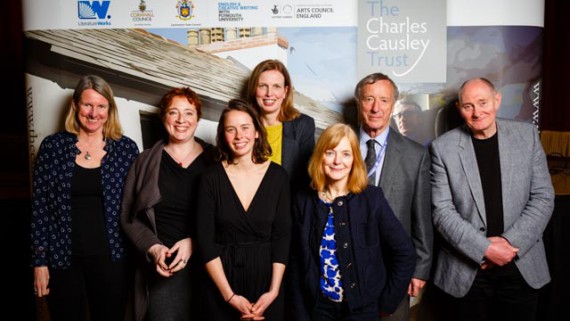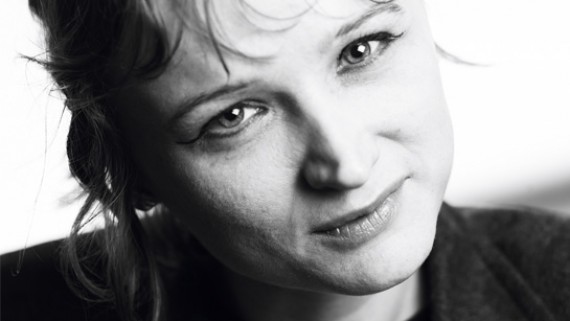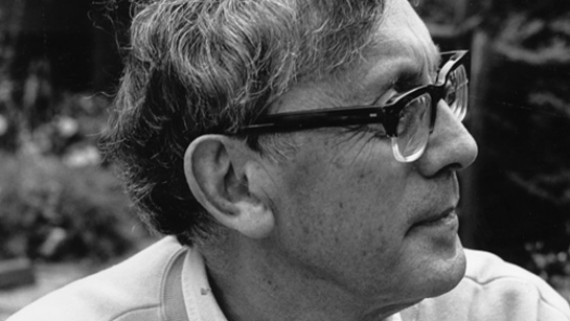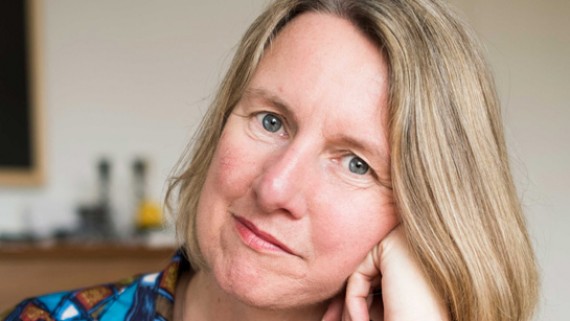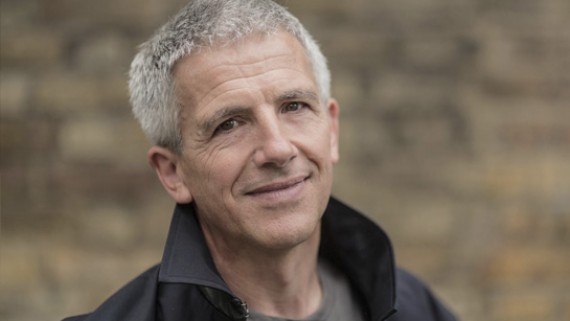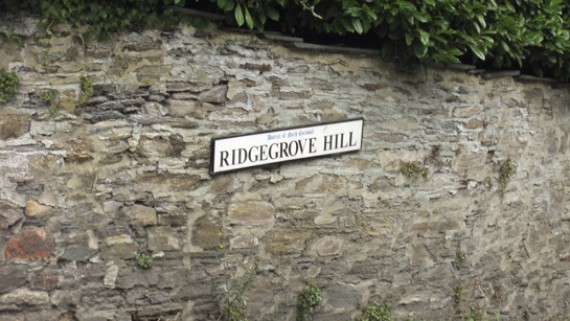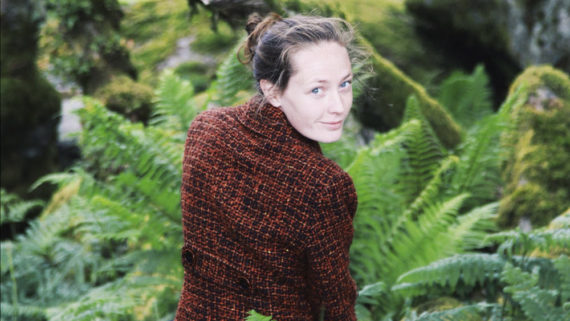Over the Summer the Trust was delighted to welcome poet Tommy Sissons to host a residency at Cyprus Well. Whilst there he crafted five poems now in his pamphlet, Shanty and Other Poems, inspired by Charles Causley as well as the rich Cornish folklore in and around Launceston. The Trust is passionate about providing spaces for artists and writers like Tommy, who continue Charles’s legacy of embracing the beauty of Cornwall to produce works of poetry and art.
This autumn the Trust interviewed Tommy in this Q&A about his residency a couple months on and Tommy details what Cyprus Well and Charles Causley’s legacy meant for him and his work.
- How was the experience of your talk at Merchant House and subsequent Q&A at Cyprus Well?
The day was a thoroughly rewarding experience. We began at Merchant House with a lunchtime reading of the poems I had written during my week at Cyprus Well. It was a pleasure to engage with the Launceston community and discuss how Causley’s influence had shaped my residential writing. Following this, we returned to Cyprus Well, where poet and lecturer David Devanny conducted an interview with me about my poetic practice and how my time in Cornwall had enriched it. It was brilliant to converse with the wonderful volunteers and learn about the Trust’s exciting upcoming events.
- How did you feel staying in Cyprus Well? What kind of emotions did the property inspire in you?
Cyprus Well brought me an incredible sense of peace. As someone who lives in London, I rarely get the chance to immerse myself in the countryside so staying at the property was a welcome opportunity to be in a tranquil environment for a week and concentrate solely on writing.
Being in a house so deeply connected to Causley’s legacy of poetic brilliance, I experienced an urge to rise to the occasion – to create work worthy of the space. The atmosphere of Cyprus Well carries an undeniable creative intensity and this pulled me into the desire to write as soon as I arrived.
- How did your stay at Cyprus Well influence your writing process?
Writing in Causley’s study was a profound source of inspiration. His eclectic library and personal art collection surrounded me, exuding a quiet yet persistent call to create. While I normally write in short, intense bursts, the environment at Cyprus Well enabled me to write for long stretches daily, which felt incredibly liberating. The house’s location also influenced my work, standing at the threshold between the town and the open countryside, a place where the poet can observe and bridge both worlds.
- In what ways did you draw meaning from the Cornish landscape in and around Launceston and express this in your poetry? Were there any sites that you drew inspiration from?
The Cornish landscape, with its rich history, folklore, and culture, deeply informed my writing. I firstly drew inspiration from Cornwall’s working-class mining and naval heritage, and also from personal recollections shared by several Launceston locals I met in a pub. The Cornish language then became another vital element in my residential work – finding ways to weave Cornish phrases into my poem ‘Shanty’ added a new dimension to its sonic landscape and allowed me to integrate a musicality in the poem which was more representative of the county which inspired it. The current revival of Cornish in local schools is something I find particularly heartening.
The region’s folklore also left a significant mark, especially the Arthurian legends tied to Bodmin Moor and tales of St. Piran. Two of the poems in my Causley Trust pamphlet, Shanty and Other Poems, pay homage to this rich storytelling tradition. My investigations into myth and faith felt particularly pertinent to my conversation with the work of Causley, considering his frequent engagement with these themes.
- What aspects of Cyprus Well did you appreciate the most? Were there certain rooms for example that you enjoyed being in?
In addition to the study, where most of my writing took place, I found that every corner of Cyprus Well had something to offer in terms of inspiration and historical interest. The garden was particularly lovely – I would spend about two hours per day reading there.
- How important do you think properties like Cyprus Well are for preserving heritage, especially in this case the legacy of Charles Causley?
Properties like Cyprus Well are absolutely essential. They serve not only as sites of personal reflection and influence for writers but also as testaments to a town’s cultural and artistic fabric. Cyprus Well and Causley’s work are as integral to Launceston’s identity as its castle or its landscapes. Following a decade of arts funding cuts, it’s more important than ever to preserve spaces like this, which hold so much value to our literary heritage.
- What are your lasting memories from your residency? Was it transformative for you in any way?
The residency was certainly transformative, offering me the space to experiment with new approaches to poetry and the opportunity to host and participate in a variety of literary events. The chance to contribute to the ongoing legacy of Charles Causley was an honour.
One particular memory that stands out is the poetry workshop I led on the final morning of my stay at Cyprus Well. It was one of my favourite workshops I have ever taught. Sharing the space with local poets and artists, exchanging readings of work, and celebrating each other’s’ creativity was a wonderful culmination of my time there.
Tommy will also be joining the Trust on the 5th November at our Commemorative Event with the National Poetry Library, remembering Charles Causley 21 years after his death. You can book your FREE ticket at the link here with the National Poetry Library.
It is here we will also mark the launch of the new publication, The Drifted Stream, a collection of responses to Charles and his legacy from Tommy and many other writers.
Photograph by Tommy Chatt








